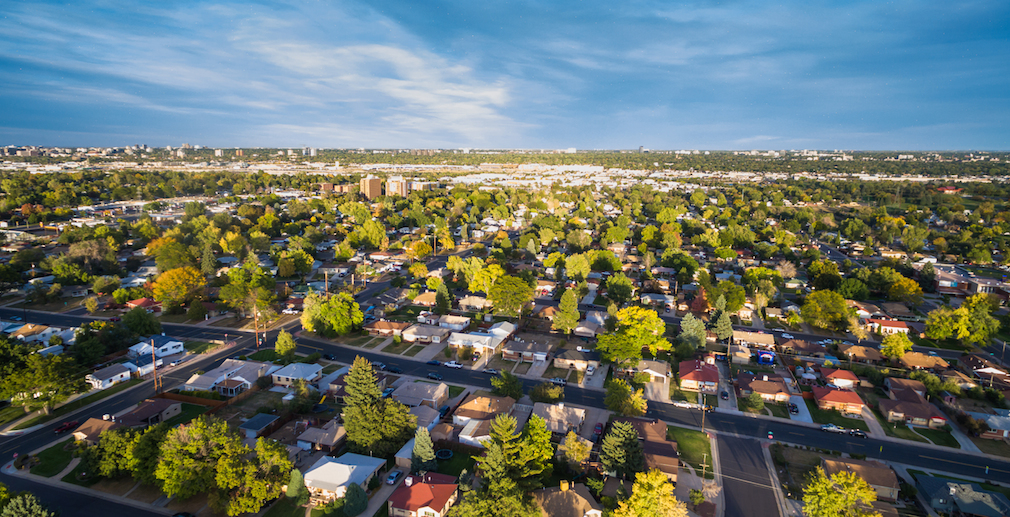High-tech flippers such as Zillow and Opendoor are using algorithms to reshape the housing market, and Phoenix is the “proving ground,” according to a Wall Street Journal story.
“Companies such as Opendoor, among San Francisco’s flushest startups, aim to bring Wall Street-style efficiencies and Silicon Valley software to the housing business,” the article said on Wednesday. “They’re treading the path worn by another group of deep-pocketed investors after the foreclosure crisis: Wall Street firms that snap up suburban houses and turn them into rentals. The high-tech flippers often follow rental companies into neighborhoods, in the hope it gives them buyers of last resort should the housing market sour.”
Phoenix is an “ideal proving ground” because it’s one of the country’s fastest-growing metro areas, plus the houses are relatively inexpensive and homogenous, which helps the algorithmic appraisals that help the high-tech flippers to spot opportunities for profit, the Journal said.
It doesn’t always work, the story said. In May 2018, Zillow bought its first house, a four-bedroom ranch in a southeast suburb of Phoenix, for $410,000. After a renovation, Zillow listed it 11 days later for $425,000—and ended up selling it for $403,000, around 2% less than it paid.
“Zillow has kept at it, training its computer models and refining its strategy,” the story said. “It bought about 400 houses in Phoenix in 2018 and another 348 in the first three months of 2019.”
The advent of high-tech flippers is just the latest challenge agents face in the Phoenix area, said Sam Miller, president-elect of the 10,000-member Phoenix Association of Realtors. When prices spiked during the housing bubble, many owners decided to skip hiring a real estate agent, he said. During the crash, banks slotted listings to a few select agents.
“Now agents are losing listings from sellers who are willing to take a lower price for their house than they might get on the open market in exchange for ease,” the story said.
But it doesn’t always translate into lowball offers. The story includes the example of Christine Abbott, who was looking at properties on Zillow in March when a notification popped up asking if she wanted to sell the company her home.
She had already requested offers from Opendoor and Offerpad, but rejected them for being too low. She uploaded photos of her home and answered some of Zillow’s question. The company offered her $319,000, “tens of thousands of dollars higher than previous offers,” the story said.
Abbott accepted Zillow’s offer and completed the sale within two weeks, she told the Journal.
“Moving is one of the biggest stressors in life,” Abbott said. “If you can do something to save the aggravation, you might as well.”






